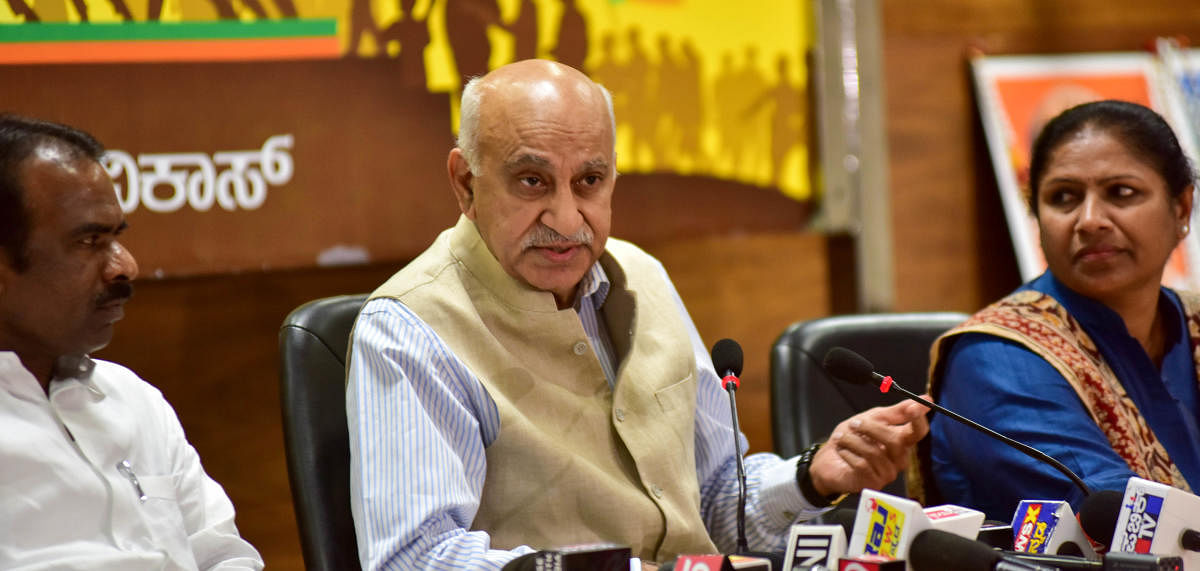Over the past week, women in the Indian media and entertainment industries have been recounting sexual harassment, even assault and violence, they have suffered in the workplace and in the course of their work. Their accounts are heart-breaking. Among the sexual predators named in these accounts are former newspaper editor M J Akbar, who is now Minister of State for External Affairs in the Narendra Modi government, senior journalists, best-selling authors, actors and comedians. Clearly, they used their positions of power to intimidate and prey on their women colleagues. They have been accused of passing lewd remarks, touching women inappropriately, calling them to hotel rooms ostensibly to discuss work and then sexually propositioning them, and in some instances, even raping them. Sexual misconduct at the workplace isn’t new. Women of an older generation, too, encountered harassment by their bosses and male colleagues. Some spoke up, only to have their complaints dismissed or diminished. In the absence of institutional will and procedures to deal with sexual harassment, they could do little. Their screams were quickly silenced. Those screams are now finding articulation on social media in India’s own #MeToo moment.
The women who are spearheading this movement are already under pressure. They are being mocked, threatened and trolled. Having named and shamed their sexual predators, what should women do going forward? Survivors of sexual violence should take the legal route, but it will be a difficult and expensive one and will require them to produce evidence. Several of those accused are powerful men and can be expected to hire the best lawyers. They could retaliate by slapping expensive defamation suits.
The incidents of sexual harassment are a damning indictment of our collective failure to dismantle the culture of patriarchy, misogyny and impunity that is entrenched in workplaces, indeed in our society. This culture emboldens men to bully, intimidate and harass women. It has resulted in sexual misconduct becoming endemic, even normalised at the workplace. How can this be changed? The Sexual Harassment of Women at Workplace (Prevention, Prohibition and Redressal) Act, 2013, mandates employers to set up internal complaints committees (ICCs). Do all workplaces have ICCs and are they functioning well? India’s #MeToo movement is not anti-men. It is about gender-sensitive women and men together fighting sexual misconduct and working to change misogynistic mindsets of men (and women). Women are breaking the silence on sexual violence. Society must support their struggle for safe spaces. Prime Minister Narendra Modi must set an example by sacking Akbar.
